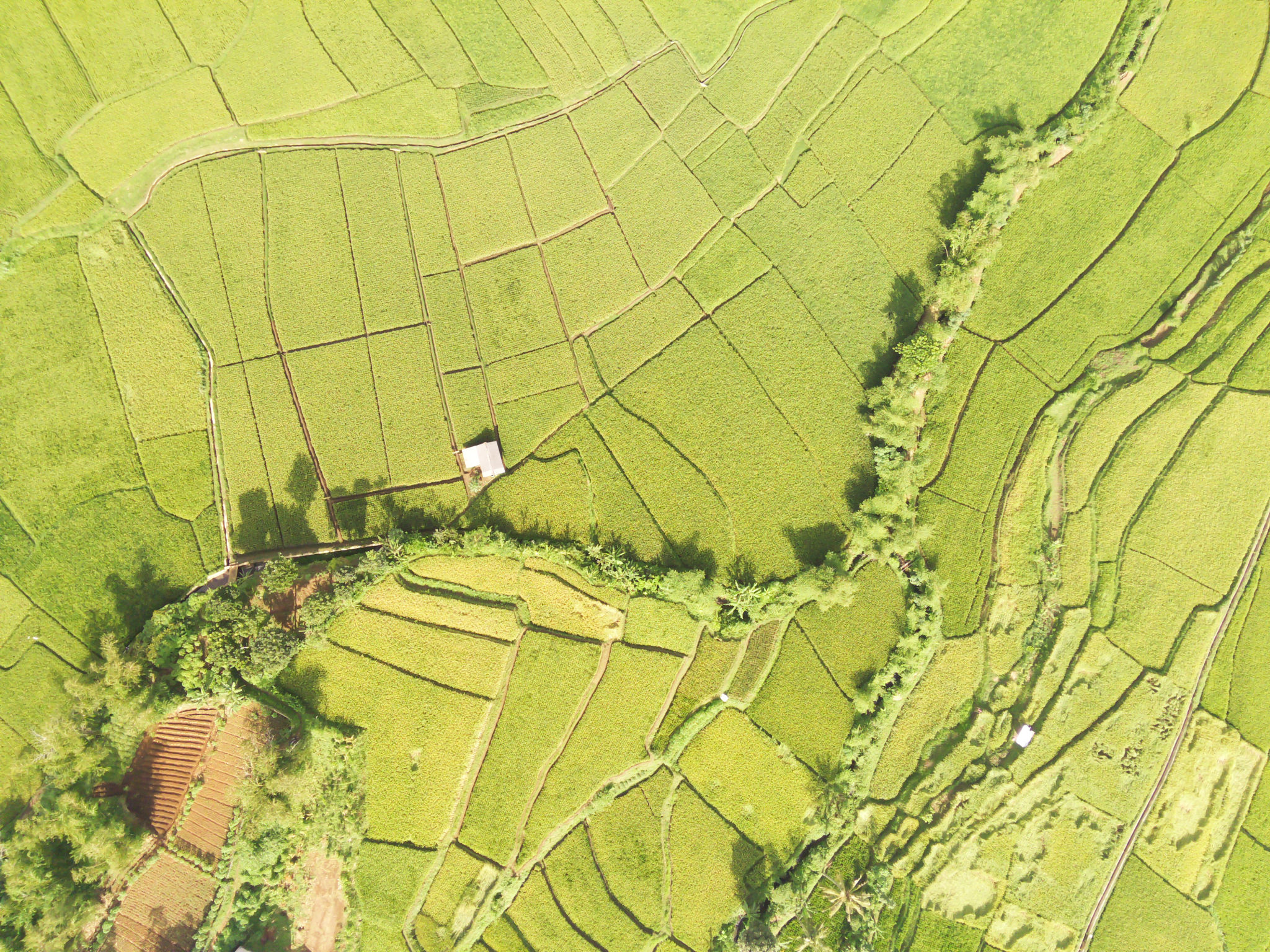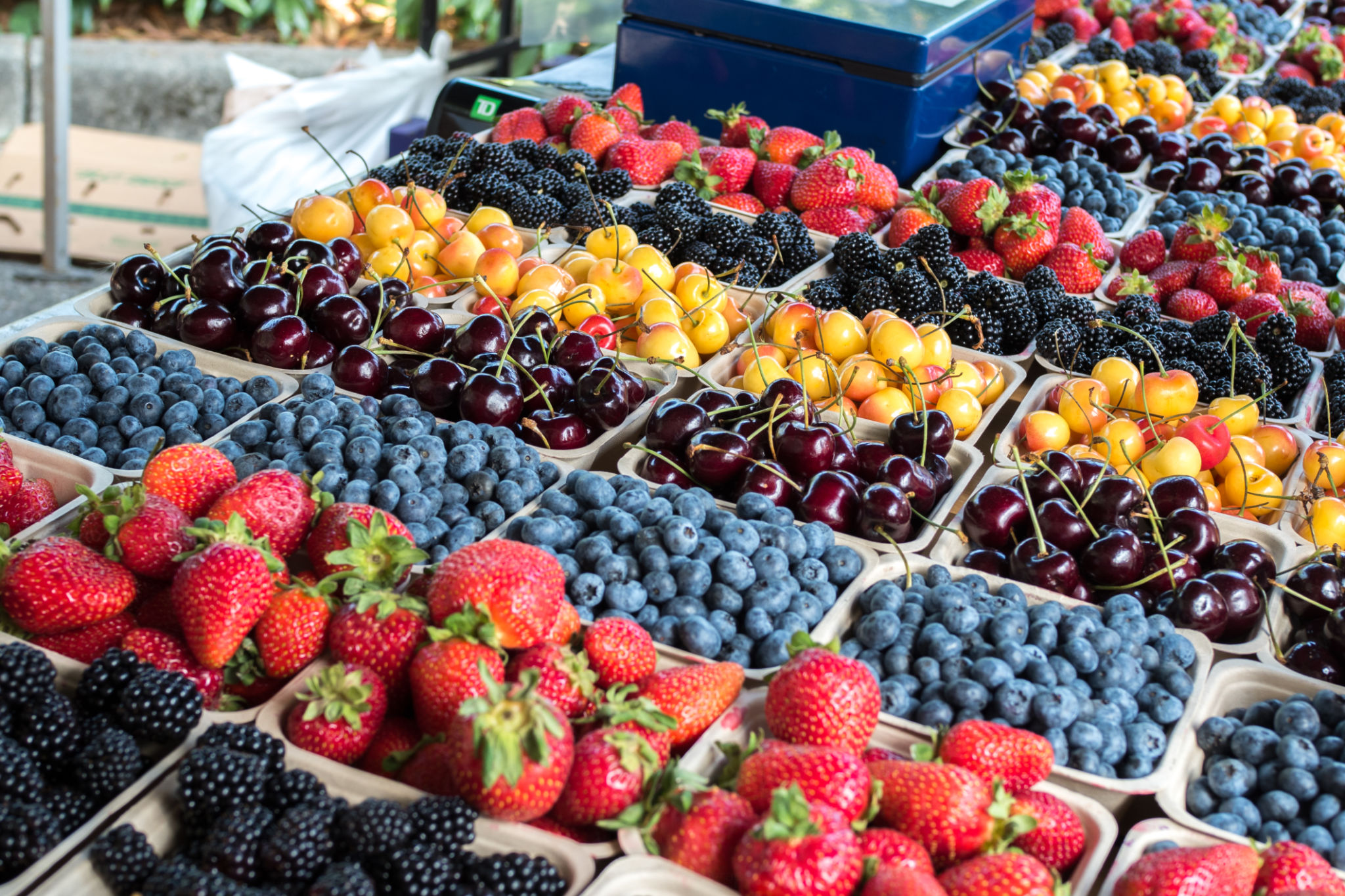How to Start Your Own Farm in Indonesia: A Step-by-Step Guide
Understanding the Agricultural Landscape in Indonesia
Indonesia, an archipelago with a rich diversity of landscapes, offers a fertile ground for aspiring farmers. The country's tropical climate and abundant rainfall make it an ideal location for agriculture. Before diving into farming, it's crucial to understand the unique geographical and climatic conditions of the region where you plan to start your farm. Whether you are interested in rice paddies, coffee plantations, or other crops, each has its own set of requirements and benefits.

Researching Market Demand and Crop Selection
Choosing the right crop is essential to ensure profitability. Conduct market research to identify high-demand crops in both local and international markets. For instance, coffee and palm oil are significant exports from Indonesia. However, niche markets such as organic vegetables and exotic fruits are also gaining traction. Make sure to evaluate the economic viability of your chosen crop in relation to the resources and knowledge available to you.
Securing Land and Understanding Legalities
Once you've decided on the type of farm you'd like to establish, the next step is securing land. Land ownership laws in Indonesia can be complex, especially for foreigners. It's advisable to consult with legal experts or local authorities to understand the regulations and ensure compliance. Additionally, consider the soil quality and access to water resources when selecting your land, as these factors are crucial for successful farming.

Setting Up Infrastructure and Equipment
Building the necessary infrastructure is another critical phase in starting your farm. This includes setting up irrigation systems, constructing storage facilities, and acquiring farming equipment. Depending on your budget, you may purchase new machinery or opt for second-hand equipment to reduce costs. Investing in technology such as drip irrigation can enhance efficiency and yield.
Hiring and Training Workforce
A successful farm relies heavily on skilled labor. Hiring local workers who are familiar with the land and crops can be beneficial. Additionally, providing training sessions on modern farming techniques can improve productivity and sustainability. Consider partnering with agricultural experts or institutions to offer continuous education for your workforce.

Implementing Sustainable Farming Practices
Sustainability should be at the heart of your farming practices. Implementing eco-friendly methods such as crop rotation, organic fertilizers, and integrated pest management can help maintain soil health and reduce environmental impact. These practices not only contribute to long-term success but also appeal to environmentally conscious consumers.
Developing a Marketing Strategy
Marketing is crucial for reaching potential buyers and establishing your brand. Develop a comprehensive marketing strategy that includes both online and offline channels. Utilize social media platforms, local markets, and partnerships with retailers to promote your products. Highlighting unique selling points such as organic produce or rare crops can help differentiate your farm from competitors.

Evaluating and Adapting Your Business Plan
Finally, regularly evaluate your farming operations and business plan. The agricultural industry is dynamic, with changes in market demand, climate conditions, and technology affecting outcomes. Stay informed about industry trends and be ready to adapt your strategies accordingly. Continuous assessment ensures resilience and growth for your farm in Indonesia.